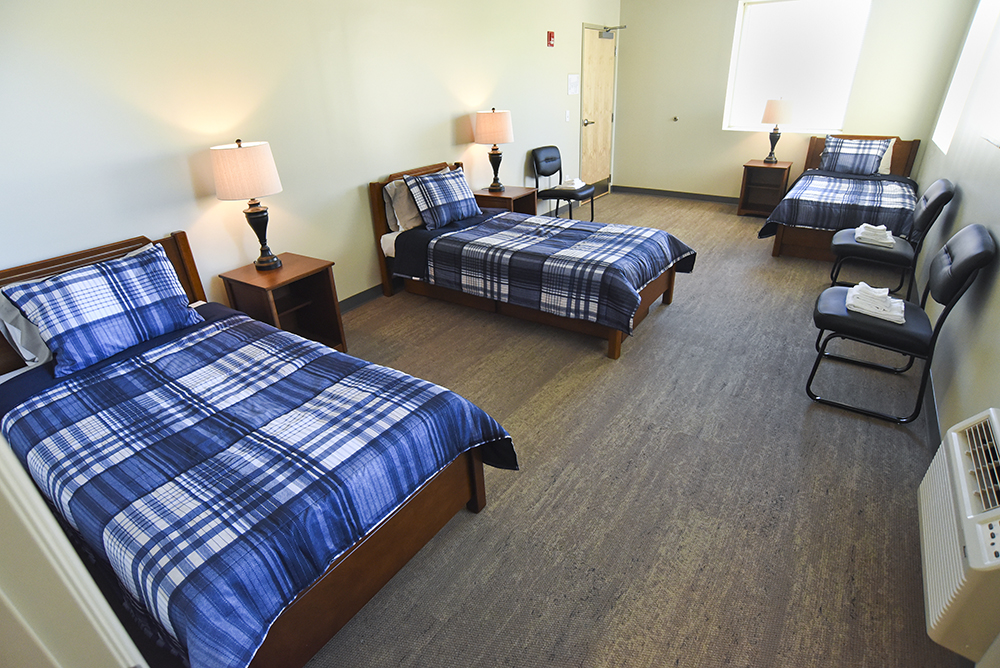How PTSD Negative Impacts Our Memories

Specific post-traumatic stress disorder (PTSD) symptoms are common, if not stereotypically known: increased anxiety, jumpiness, panic and flashbacks.
Even though these are all symptoms we commonly see, they are not the only ones. How experiences of PTSD impact the brain: individuals who suffer from this mental health condition often suffer from a lesser-known, invisible symptom – memory loss.
What is post-traumatic stress disorder?
To address the question, “Does PTSD cause memory loss?” it is vital to first understand what PTSD is at its core.
PTSD is a mental health condition that arises when an individual undergoes a series, or an isolated experience, of trauma. This can include a natural disaster, an act of terrorism or a car accident, or a prolonged trauma, including chronic stress, bullying or abuse (physical, emotional, sexual).
To be diagnosed with PTSD, one needs to meet specific criteria; these criteria include specific symptoms as listed below:
- Intrusive thoughts
- Unwanted and distressing thoughts of the event that are recurring
- Intense reactions to situations that bring up memories of the event
- Flashbacks, where one feels like they are experiencing the event all over again
- Unpleasant dreams or nightmares of the event
- Physical/emotional changes
- A pervasive sense of guilt or shame
- Being easily startled or jumpy
- Difficulty with focus and concentration
- Disruptions to one’s sleep patterns
- Uncharacteristic aggression, anger or irritability
- Avoidance
- Staying away from people, places or things that bring up memories or are easily associated with the traumatic event
- Trying to avoid thinking about the situation
- Having selective memory or difficulty recalling certain aspects of the trauma
- Mood changes
- Not feeling like oneself and withdrawing from social circles/family/friends
- Losing interest in previously enjoyed activities
- Feeling hopeless and numb;
- Struggling to experience positive emotions
Because PTSD affects the brain so viscerally, it is no surprise that the symptoms can be severe and challenging to cope with. The good news is that with the right therapy, those battling PTSD can learn how to cope with symptoms and recover from unwanted effects.
So, does PTSD cause memory loss?
According to one study where the effects of PTSD on memory were closely examined, the answer is yes, PTSD causes memory loss:
Memory disturbances are predominant in presenting post-traumatic stress disorder (PTSD) and are part of the diagnostic criteria. The re-experiencing symptom criteria of PTSD include intrusive memories of the traumatic event, and the avoidance symptom criteria include the inability to recall important aspects of the trauma. In addition, patients with PTSD often complain of experiencing everyday memory problems with emotionally neutral material…
In other words, to diagnose someone with PTSD, memory loss symptoms must be present. The diagnosable individual may experience memory loss regarding situations unrelated to the trauma.
What is additionally interesting is that those who struggle with memory are more at risk for developing PTSD following a traumatic event.
This is all due to how PTSD affects the parts of the brain connected to stress and memory, namely, the hippocampus, prefrontal cortex and amygdala. When PTSD changes the brain chemistry in these areas, it becomes more challenging for individuals to retain memories.
Treating PTSD and memory loss
When truly horrific events are witnessed or experienced, the brain tries to protect itself by blocking out those memories to avoid feeling the unpleasant, jarring emotions these thoughts may bring up.
Treatment often involves addressing these suppressed memories, but over time, and with much patience, gentleness and due diligence, one can learn to process and cope with these memories to promote healing and recovery.
Professional treatment for post-traumatic stress disorder is the best way to treat both the symptoms of PTSD and the root cause itself; some coping mechanisms cannot be self-taught and journeying through certain emotions requires the guidance of a trained therapist. But there are also practices you can put into place to enhance your recovery journey, including:
- Staying active – Exercise not only enhances the health of the physical body, it has been proven to slow cognitive decline and improve brain functioning overall, which may help reverse the effects of memory loss caused by PTSD
- Use memory aids – These include reminders on your phone, calendars, planners and sticky notes to help you remember events and tasks and feel less overwhelmed with the task of remembering while your brain is still recovering
- Sleep – Getting enough sleep is absolutely crucial to any recovery, and it helps the brain rest and reset in a way no other activity or practice can replace
- Eat a healthy diet – What you put into your body directly determines what you get out of it; therefore, eating a diet full of brain-boosting nutrients is an easy, critical means of enhancing your recovery
Additionally, religiously implementing the coping mechanisms recommended by your therapist will further promote recovery and help you feel better overall.
Ready to begin treatment?
Whether you have been diagnosed with complex PTSD, are battling memory loss and PTSD symptoms or need help handling difficult emotions, Pyramid Healthcare in Ohio is here to help. Reach out today to learn about our programs and how the proper treatment will set you up for success on the road to recovery.
Contact us over the phone or online today to get started.







